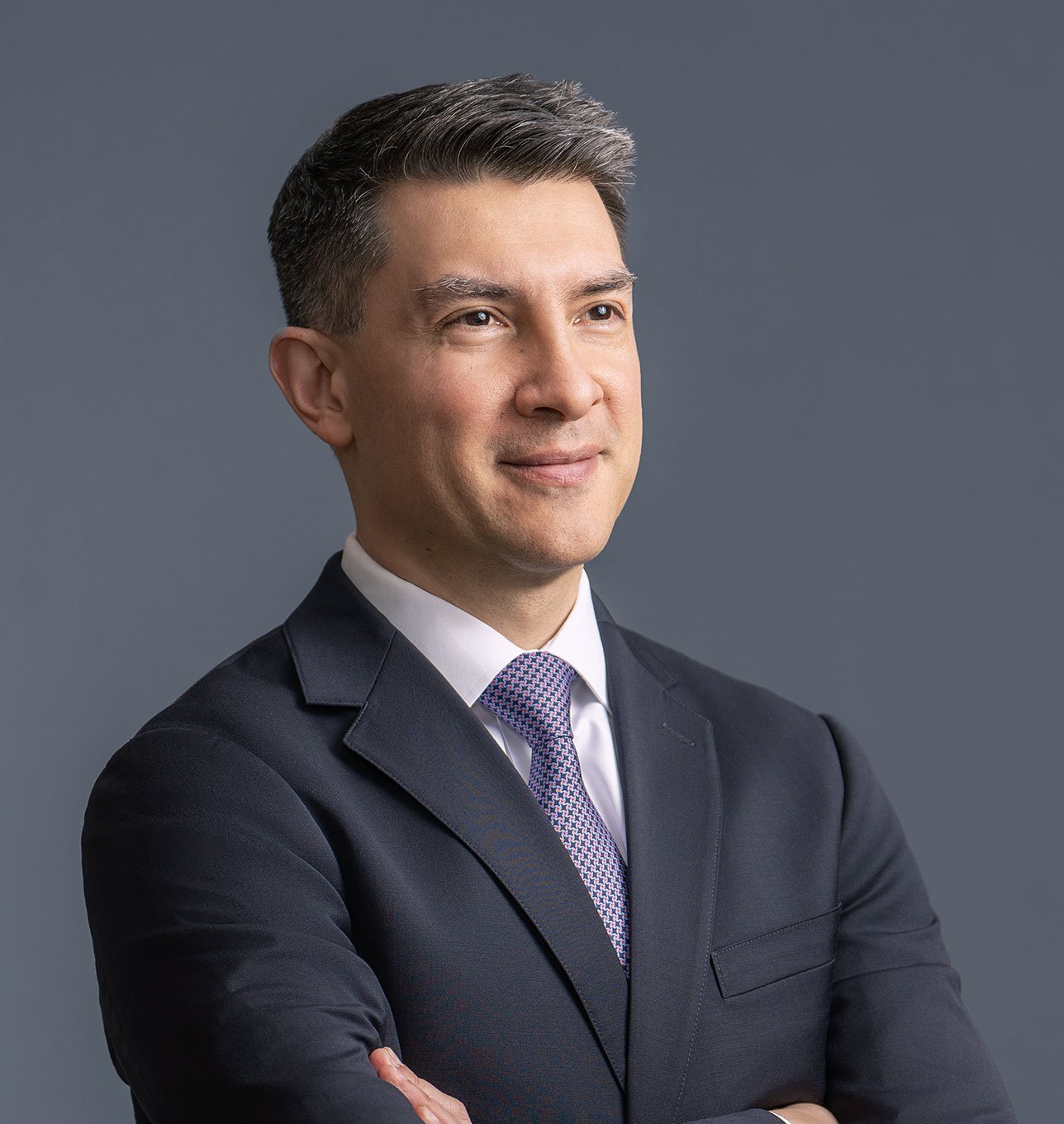2022年7月12日
Tracing a Mayer Brown Restructuring Partner's Unusual Path From Music to Law
PDFをダウンロード
To read complete article visit Law.com (subscription required)
Reprinted with permission from the July 12, 2022 edition of New York Law Journal © 2022 ALM Properties, Inc. All rights reserved. Further duplication without permission is prohibited.


